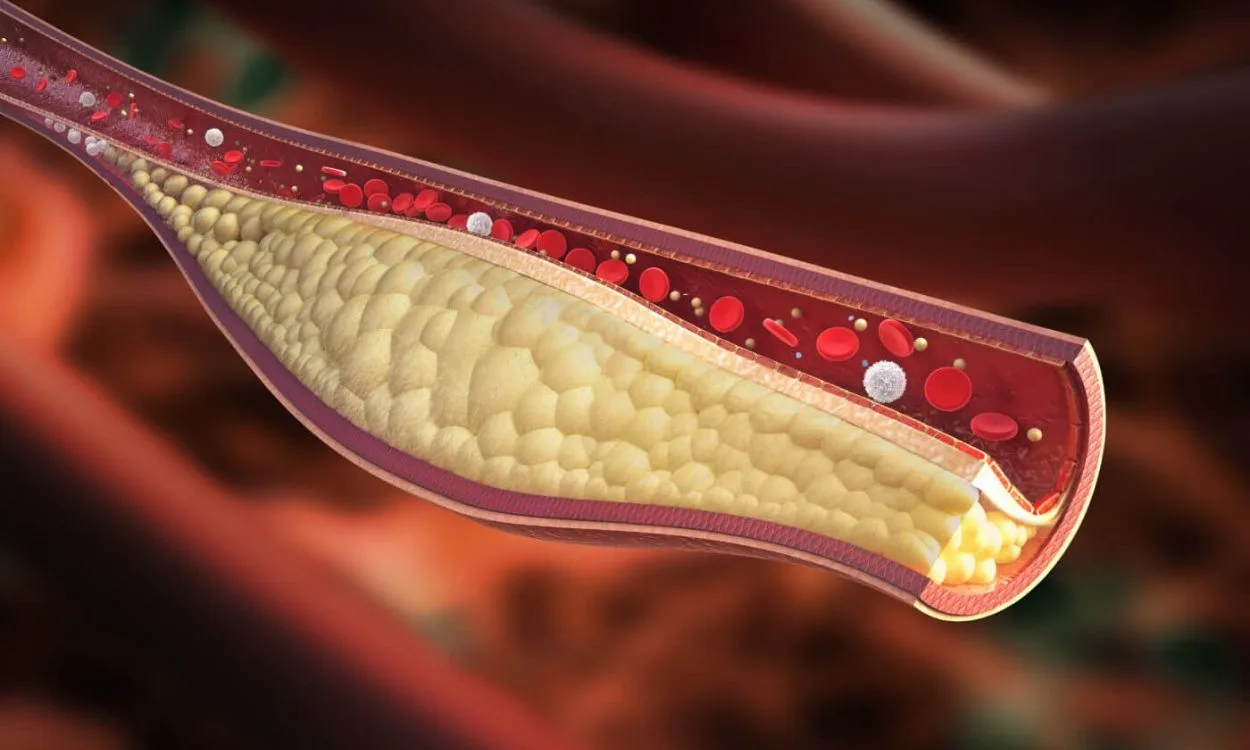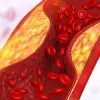How do triglycerides contribute to atherosclerosis?
Triglycerides and Atherosclerosis
- Triglycerides are a type of fat found in the blood and are essential for providing energy to the body’s cells.
- When the level of triglycerides in the blood becomes too high, it can contribute to the development of atherosclerosis.
Atherosclerosis and its Impact
- Atherosclerosis is a condition characterized by the buildup of fatty deposits, cholesterol, and other substances on the inner walls of the arteries.
- As these deposits accumulate, they can narrow and harden the arteries, leading to decreased blood flow to vital organs and tissues.
- Atherosclerosis is a major contributor to cardiovascular diseases such as heart attacks and strokes.
Triglycerides and Atherosclerosis Pathway
- High levels of triglycerides can lead to the formation of plaque in the arteries, contributing to the progression of atherosclerosis.
- Triglycerides can also increase the levels of low-density lipoprotein (LDL) cholesterol, known as “bad” cholesterol, which is a key component of arterial plaque.
Inflammatory Response
- Elevated triglyceride levels can trigger an inflammatory response in the blood vessels, promoting the adhesion of white blood cells and the formation of foam cells within the arterial walls.
- This inflammatory process contributes to the progression of atherosclerosis and the development of unstable plaques that are prone to rupture.
Impact of Atherosclerosis on Health
- Atherosclerosis can lead to serious health complications, including coronary artery disease, peripheral artery disease, and cerebrovascular disease.
- The narrowing and blockage of arteries due to atherosclerosis can result in angina, heart attacks, stroke, and reduced blood flow to the extremities.
Prevention and Management
- Lifestyle modifications, including regular physical activity, a healthy diet, weight management, and smoking cessation, can help lower triglyceride levels and reduce the risk of atherosclerosis.
- In some cases, medication may be prescribed to control elevated triglycerides and mitigate the progression of atherosclerosis.
Fitpaa’s Approach to Cardiovascular Health
Fitpaa’s Focus on Metabolism Monitoring
- Fitpaa’s AI-driven technology includes metabolism assessment and monitoring to optimize overall health and fitness, which can indirectly impact triglyceride levels.
- By addressing metabolic health, Fitpaa aims to support individuals in achieving their cardiovascular wellness goals.
Holistic Approach to Health and Fitness
- Fitpaa’s personalized approach encompasses medical nutrition therapy, exercise therapy, and cognitive behavior therapy to promote overall well-being.
- The comprehensive Fitpaa Capsule is designed to optimize metabolism, regulate hormone levels, and support cardiovascular health.
Real-time Guidance and Support
- Fitpaa’s real-time guidance technology leverages cognitive behavioral therapy principles to motivate users and ensure adherence to their personalized health and fitness plans.
- The Fitpaa app offers tools for diet tracking, workout guidance, and progress monitoring, enhancing the user’s ability to manage triglyceride levels and cardiovascular health.
Commitment to Guarantee Results
- Fitpaa’s commitment to guaranteed results aligns with its mission to support individuals in achieving their health and fitness goals, including those related to cardiovascular health.
- The Fitpaa app provides unlimited consultations and ensures regular reviews to guide users toward sustainable improvements in cardiovascular wellness.









